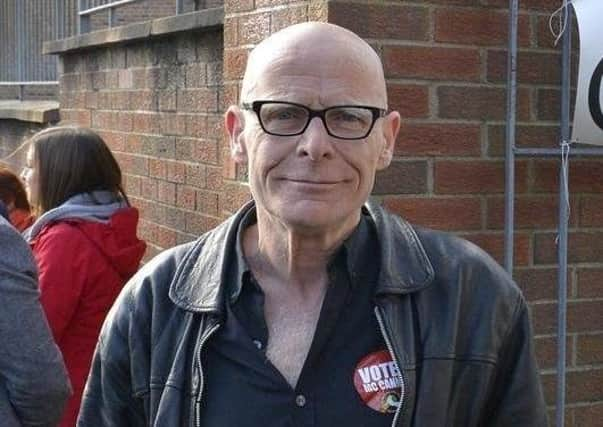PPE for domiciliary care workers ‘not good enough’ - McCann


Mr McCann said some had reported that plastic goggles fit so loosely they cannot serve as a barrier to the virus and wafer-thin masks made of paper become useless after 15 minutes wear.
“This is unacceptable for workers who might be calling to a dozen homes a day to look after some of our most frail fellow-citizens,” he warned, adding:
Advertisement
Hide AdAdvertisement
Hide Ad“The basic fault does not lie with the Western Trust. The shortages and bottlenecks arise at an earlier stage in the supply chain. The blame rests with the planners and policy-makers who didn’t prepare for coronavirus and haven’t handled the resulting emergency well.
“They haven’t levelled with the workers or with people at large about the continuing shortages or when we will know that there are adequate supplies available for distribution.
£Headlines such as ‘Health officials confident Northern Ireland has enough PPE for demand’ may mark a genuine effort to reassure vulnerable people and their families. But false reassurance is worse that no reassurance at all.
“Care-workers to whom I have spoken today are dismayed at the lack of proper safety equipment and disillusioned that they haven’t been trusted with the whole truth.
Advertisement
Hide AdAdvertisement
Hide Ad“When this is over, there will have to be an examination of whose actions and inactions aggravated the crisis.”
Mr McCann said People Before Profit, along with others, is engaged with officials in trying to sort the immediate problems out. “Longer-term,” he added, “there will be a reckoning”.
Meanwhile the NI Executive has now issued updated guidance for domiciliary care providers, which it said “provides clear direction to trusts and independent providers on supply of PPE and staffing arrangements”.
“This includes the provision of a buffer stock; connecting independent providers with PPE suppliers; and supporting staffing arrangements.”
Advertisement
Hide AdAdvertisement
Hide AdThe Executive has said that domiciliary care plays a vital role in helping people to live as independently as possible, and that during this pandemic it was essential that health authorities do everything they can to support it, hence the new guidance being issued.
Measures have included:
*Providing a single point of contact in each of the trusts for accessing PPE;
*Financial support – guaranteeing income for providers to ensure they can continue to pay staff and are not penalised for cancelled calls;
*Making recruitment swifter and easier by changing pre-employment checks and deferring registration fees;
*Flexibility in the way regulations will be applied; and
Advertisement
Hide AdAdvertisement
Hide Ad*Ongoing support advice and help from a specialist team of experts based in the RQIA.
Social care is playing its part by helping to keep people out of hospital and ensuring timely hospital discharges for those that have been admitted. As we face the increased demand for acute care beds this is critical to how the whole health and care system responds.